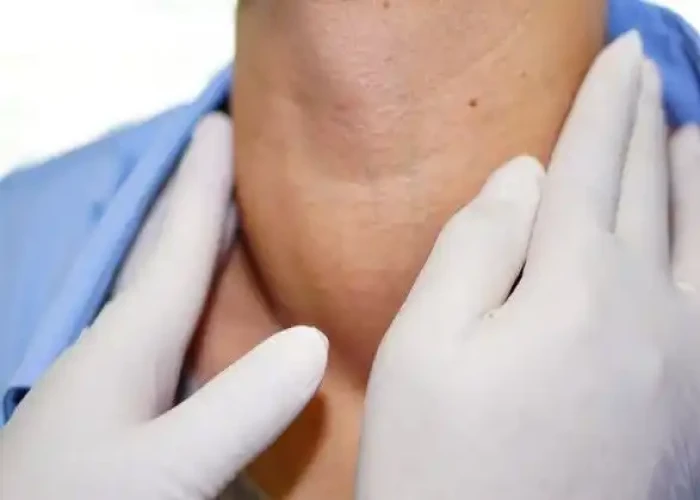 Welcome
Welcome
“May all be happy, may all be healed, may all be at peace and may no one ever suffer."
Thyroid nodules
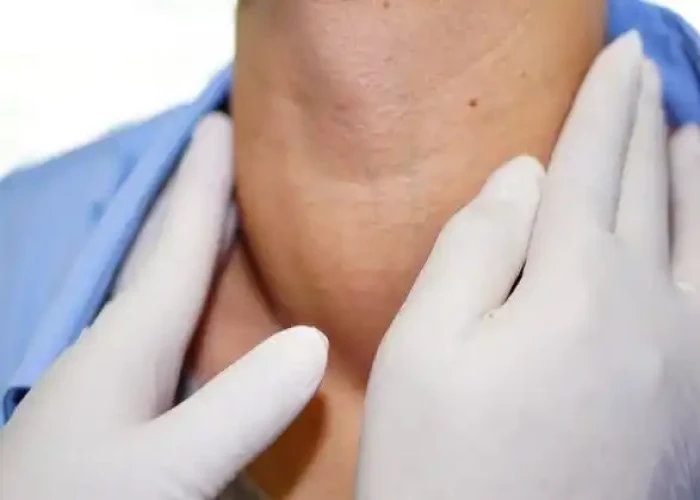
Thyroid nodules are solid or fluid-filled lumps that form within your thyroid, a small gland located at the base of your neck, just above your breastbone.
Most thyroid nodules aren't serious and don't cause symptoms. Only a small percentage of thyroid nodules are cancerous.
You often won't know you have a thyroid nodule until your doctor discovers it during a routine medical exam. Or your doctor may uncover it during a scan that was done for another health reason. Some thyroid nodules, however, may become large enough to be visible or make it difficult to swallow or breathe.
Treatment options depend on the type of thyroid nodule you have.
Research Papers
Disease Signs and Symptoms
- Weight loss
- Memory loss
- Dry skin
- Muscle weakness
- Trouble sleep (insomnia)
- Irregular heartbeats (arrhythmia)
- Nervousness or being easily startled
- Tremor of hands or fingers
- Excessive sweat
- Constipation
Disease Causes
Thyroid nodules
Several conditions can cause nodules to develop in your thyroid gland, including:
- Overgrowth of normal thyroid tissue. An overgrowth of normal thyroid tissue is sometimes referred to as a thyroid adenoma. It's unclear why this occurs, but it's not cancerous and isn't considered serious unless it causes bothersome symptoms from its size.
- Some thyroid adenomas lead to hyperthyroidism.
- Thyroid cyst. Fluid-filled cavities (cysts) in the thyroid most commonly result from degenerating thyroid adenomas. Often, solid components are mixed with fluid in thyroid cysts. Cysts are usually noncancerous, but they occasionally contain cancerous solid components.
- Chronic inflammation of the thyroid. Hashimoto's disease, a thyroid disorder, can cause thyroid inflammation and result in enlarged nodules. This often is associated with hypothyroidism.
- Multinodular goiter. The term goiter is used to describe any enlargement of the thyroid gland, which can be caused by iodine deficiency or a thyroid disorder. A multinodular goiter contains multiple distinct nodules within the goiter, but its cause is less clear.
- Thyroid cancer. The chances that a nodule is cancerous are small. However, a nodule that is large and hard or causes pain or discomfort is more worrisome. You will likely want to have it checked by your doctor.
- Certain factors increase your risk of thyroid cancer, such as a family history of thyroid or other endocrine cancers and having a history of radiation exposure from medical therapy or from nuclear fallout.
- Iodine deficiency. Lack of iodine in your diet can sometimes cause your thyroid gland to develop thyroid nodules. But iodine deficiency is uncommon in the United States, where iodine is routinely added to table salt and other foods.
Disease Prevents
Disease Treatments
Treatment depends on the type of thyroid nodule you have.
Treating benign nodules
If a thyroid nodule isn't cancerous, treatment options include:
- Watchful waiting. If a biopsy shows that you have a noncancerous thyroid nodule, your doctor may suggest simply watching your condition.
- This usually means having a physical exam and thyroid function tests at regular intervals. It may also include an ultrasound. You're also likely to have another biopsy if the nodule grows larger. If a benign thyroid nodule remains unchanged, you may never need treatment.
- Thyroid hormone therapy. If your thyroid function test finds your gland isn't producing enough thyroid hormone, your doctor may recommend thyroid hormone therapy.
- Surgery. A noncancerous nodule may sometimes require surgery if it's so large that it makes it hard to breathe or swallow. Doctors may also consider surgery for people with large multinodular goiters, particularly when the goiters constrict airways, the esophagus or blood vessels. Nodules diagnosed as indeterminate or suspicious by a biopsy also need surgical removal, so they can be examined for signs of cancer.
Treating nodules that cause hyperthyroidism
If a thyroid nodule is producing thyroid hormones, overloading your thyroid gland's normal hormone production levels, your doctor may recommend treating you for hyperthyroidism. This may include:
- Radioactive iodine. Doctors use radioactive iodine to treat hyperthyroidism. Taken as a capsule or in liquid form, radioactive iodine is absorbed by your thyroid gland. This causes the nodules to shrink and signs and symptoms of hyperthyroidism to subside, usually within two to three months.
- Anti-thyroid medications. In some cases, your doctor may recommend an anti-thyroid medication such as methimazole (Tapazole) to reduce symptoms of hyperthyroidism. Treatment is generally long term and can have serious side effects on your liver, so it's important to discuss the treatment's risks and benefits with your doctor.
- Surgery. If treatment with radioactive iodine or anti-thyroid medications isn't an option, you may be a candidate for surgery to remove the overactive thyroid nodule. You'll likely discuss the risks of surgery with your doctor.
Treating cancerous nodules
Treatment for a nodule that's cancerous usually involves surgery.
- Observation. Very small cancers have a low risk of growing, so it may be appropriate for your doctor to closely watch cancerous nodules before treating them. This decision is often made with the help of a thyroid specialist. Observation includes ultrasound monitoring and performing blood tests.
- Surgery. A common treatment for cancerous nodules is surgical removal. In the past, it was standard to remove a majority of thyroid tissue — a procedure called near-total thyroidectomy. However, today more limited surgery to remove only half of the thyroid may be appropriate for some cancerous nodules. Near-total thyroidectomy may be used depending on the extent of the disease.
- Risks of thyroid surgery include damage to the nerve that controls your vocal cords and damage to your parathyroid glands — four tiny glands located on the back of your thyroid that help control your body's levels of minerals, such as calcium.
- After a thyroid surgery, you'll need lifelong treatment with levothyroxine to supply your body with thyroid hormone. Your thyroid specialist will help determine the correct amount to take because it may require more than hormone replacement to manage your cancer risk.
- Alcohol ablation. Another option for management of certain small cancerous nodules is alcohol ablation. This technique involves injecting a small amount of alcohol in the cancerous thyroid nodule to destroy it. Multiple treatment sessions are often required.
Disease Diagnoses
Disease Allopathic Generics
Disease Ayurvedic Generics
Disease Homeopathic Generics
Disease yoga
Thyroid nodules and Learn More about Diseases

Uterine fibroids

Molluscum contagiosum

Sex headaches
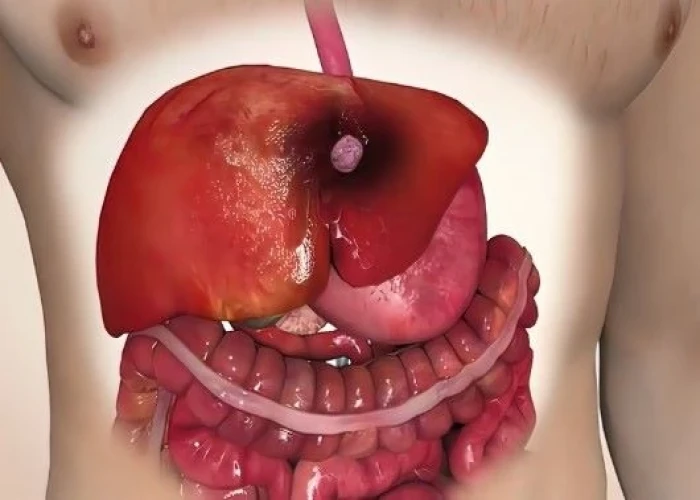
Liver cancer
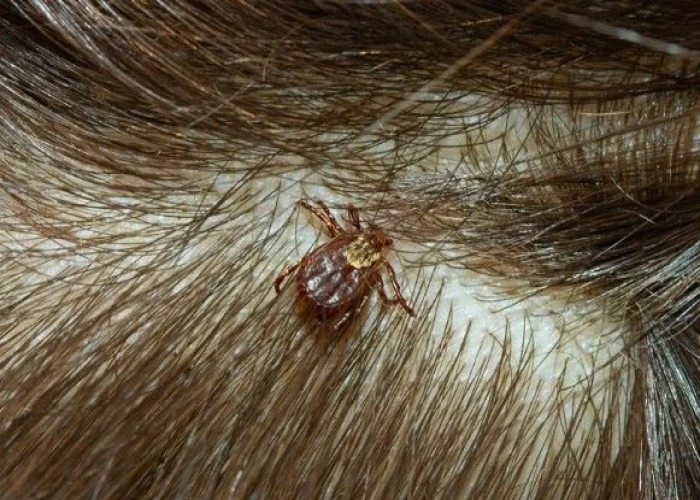
Rocky Mountain spotted fever

Persistent depressive disorder (dysthymia)
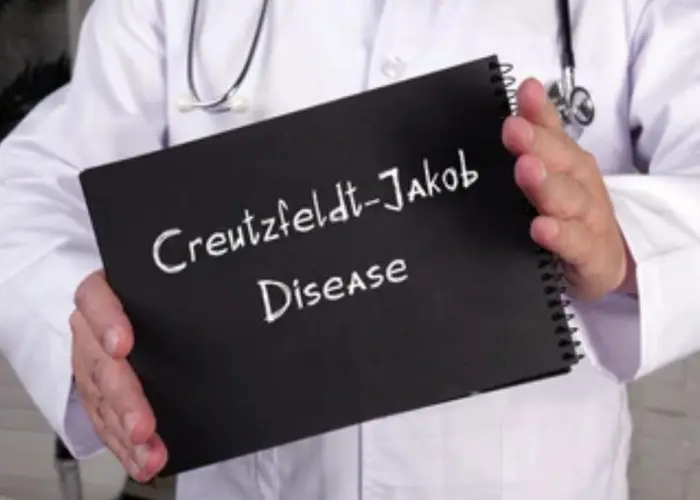
Creutzfeldt-Jakob disease

Wheat allergy
...
To be happy, beautiful, healthy, wealthy, hale and long-lived stay with DM3S.
